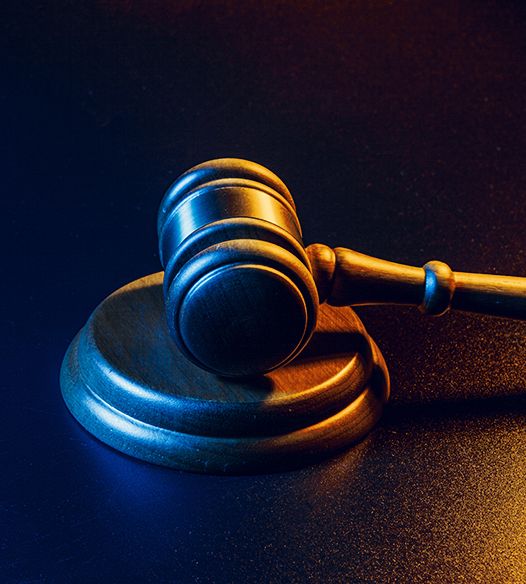
Trademark Disputes Comparative Guide for the jurisdiction of India, check out our comparative guides section to compare across multiple countries
1 Legal framework
1.1 Which laws and regulations govern trademark litigation in your jurisdiction?
In India, the Trade Marks Act, 1999 governs the initiation of actions for misuse of a trademark to seek appropriate remedies. Under the act, both criminal and civil actions can be initiated by a trademark owner to enforce its rights.
The procedures for civil and criminal actions are governed by different statutes. In case of a civil action, the Code of Civil Procedure of 1908 governs the procedure before the civil courts. Further, the procedure for evidence and trials in civil proceedings is governed by the Bharatiya Sakshya Adhiniyam, 2023, which recently repealed the Indian Evidence Act, 1872. In addition, regional courts may have specific rules to govern them as per local practice and proceedings before such courts must comply with such court-specific rules. For instance, commercial courts or commercial divisions within high courts are governed by the Commercial Courts Act, 2015 and rules framed thereunder.
In case of a criminal action, the Bharatiya Nagarik Suraksha Sanhita, 2023, which repealed the Criminal Procedure Code of 1973, governs the procedure for administration of substantive criminal law in India.
1.2 Which bilateral and multilateral agreements with relevance to trademark litigation have effect in your jurisdiction?
There are no bilateral or multilateral agreements currently in force in India with specific relevance to trademark litigation.
1.3 Which courts and/or agencies are responsible for interpreting and enforcing the trademark laws? What is the framework for doing so?
The relevant forums for enforcing the trademark rights differ depending on:
- the nature of the action; and
- the local jurisdiction in India.
A civil suit for infringement or passing off cannot be filed before a court lower than a district court. That said, a suit for infringement or passing off can also be filed directly before other courts within the Indian court hierarchy – for instance, those that might have appropriate jurisdiction under the commercial courts legislation.
The jurisdiction of a court is determined by different factors, such as:
- the cause of action;
- the residence or place of business of the plaintiff/defendant; and
- the valuation of the lawsuit.
When filing a civil suit, a plaint must be filed before the relevant court with jurisdiction to entertain such suit.
A criminal complaint, on the other hand, can be submitted directly before the law enforcement authorities of the jurisdiction where the cause of action has arisen. However, if the law enforcement authorities do not initiate formal criminal proceedings based on the complaint, a petition can also be made before a competent local court seeking directions for law enforcement authorities to initiate formal proceedings.















